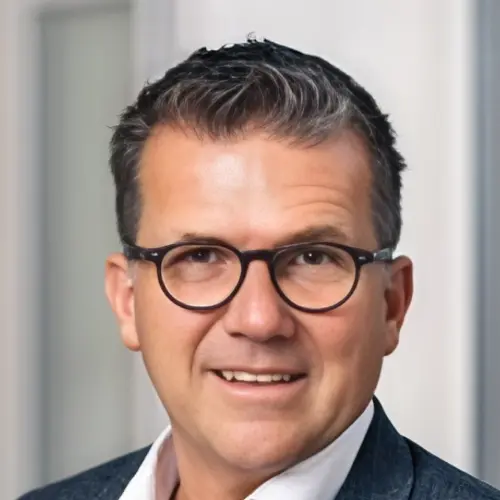
Edgar Bachmann, CEO, SOCAR Switzerland

First of all, I’d like to clarify that I don’t necessarily see myself as a pioneer.
Because pioneers set impulses that go far beyond the mainstream of business. I see myself as an innovative, dynamic, and open-minded manager. Much of it has to do with a manager’s personality. I have an unshakable optimism and I don’t like to be shaped by my environment. I prefer to drive my environment rather than be driven by it.
That is probably a basic requirement for an innovative manager: «I always want to be one step ahead.»
For that, you constantly need new visions. You have to see things that are not yet real but could eventually become reality.
I also believe that, as an innovative manager, you need to have an approachable and empathetic personality.


It worries me, but as an optimist, I am convinced that good will prevail – even if it takes some time. This piece of wisdom, which has carried me through life, was passed on to me by my grandmother.
I try not to let myself be too influenced, even though certain news and events do shock me. For me, it’s important to distinguish between the micro and the macro level. The global situation is critical, but I still see Switzerland as being in a strong position.
I see opportunities and challenges for the company as less dependent on the political situation. Our business is quite stable because, regardless of the global situation, people want to stay mobile. The heating market is declining sharply, and that trend will continue.
This transition is underway. I actually see it as an opportunity for us, not a threat.
I am convinced that this is about much more than just better batteries.
I also see opportunities for oil-focused companies to gain a foothold. But it requires a clear strategy. What’s important is that we already have a network and can act when something new emerges.
You may remember the early days of video cassettes. Back then, there was a debate over VHS, Betamax, or VCR. And just as VHS became the standard, the DVD arrived. A few decades later, it was replaced by streaming.
I consider such leaps in e-mobility to be possible. Perhaps the battery is not the ideal solution for e-mobility. If something happens, we must be ready for it.
For me, it has a lot to do with the team. You can be as innovative as you want, but if the team doesn’t get on board, nothing will happen. There must be the motivation to contribute something meaningful to the next generation in shaping the world. And this is not limited to pioneers or management.
We have over 800 employees. Among them are some very bright minds.
My door is always open, and I attend many events. I talk a lot with people, walk through the entire office every day, join meetings, and take every opportunity to exchange ideas – whether over a coffee or a beer. These personal validations are essential for me.
That’s why I’m not a big fan of working from home. Operationally, it might work, but the social culture and innovative power suffer as a result.
Ha! Regarding mobility, it would of course be great if one day we could fly everywhere CO2-neutral and emission-free. Imagine if this afternoon I could just go up to the roof and zip home in 10 minutes by drone or something like that.
I’m even convinced that it will happen one day.
Watch old science fiction movies. Many of the things people imagined back then are reality today.
There’s still a lot to come.
My role models don’t come from the wider world, but from my immediate environment — my family.
My role model was actually my grandmother. A very educated, fascinating, and wise person who imparted a lot of life philosophy to me.
She shaped my outlook on life. She means more to me as a role model than Elon Musk. He may be dynamic and innovative, but that’s not enough for me.


Besides my optimism, my trust in the people around me and my employees is probably another important trait of mine. I have complete confidence in my team. I know things can sometimes go wrong.
When you give someone the benefit of the doubt, you have less fear.
When it comes to physical danger, I’m a bit of a scaredy-cat. I’m also afraid of heights, so bungee jumping and things like that aren’t really my thing.
But in business, I have no fear when making decisions. Others often have many more concerns, and those are exactly the perspectives I need on the team. Without them, it wouldn’t work.
If you want to create change, you have to lead by example.
For example: When we decided over 10 years ago to invest in e-infrastructure, it was clear to me that I had to have an electric car —a Hyundai Kona — and a charging station at work — as the CEO of an oil company.
I didn’t have to explain much — it happened naturally. There were some strong negative reactions, clearly fear responses. Others really warmed up. If you want to convince your environment, you have to lead by example.
And on that note: You have to be willing to repeat important things often — but also able to let other opinions stand without trying to change them.



